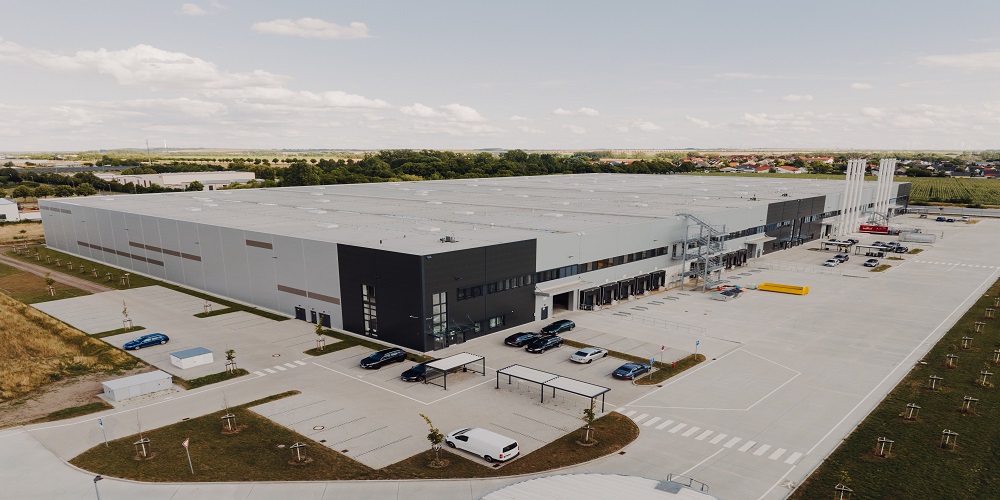On Wednesday Feb. 7, Li-Cycle Germany GMBH, a subsidiary of Li-Cycle Holdings Corp., received approval from the State of Saxony-Anhalt for a grant of up to €6.4 million for its lithium-ion battery Spoke recycling facility, in Sülzetal, Saxony-Anhalt. The grant was part of the “Improving the Regional Economic Structure” program.
According to Louie Diaz, Li-Cycle’s Vice President of Marketing & Communication, the grant will provide the company with increased financial flexibility and support its planned expansion of the facility.
“Currently, the Spoke can process up to 10,000 metric tons of lithium-ion batteries and battery manufacturing scrap material annually. Our Germany Spoke has the potential to expand its process capacity to up to 30,000 metrics tons per year, which would make this one of the largest facilities of its kind on the European continent,” Diaz said.
 The new German Spoke recycling facility can receive and process all types of lithium-ion batteries regardless of condition, form factor, and state of charge using the company’s patented ‘Generation 3’ Spoke technology, which is also leveraged at its Spokes in Arizona and Alabama.
The new German Spoke recycling facility can receive and process all types of lithium-ion batteries regardless of condition, form factor, and state of charge using the company’s patented ‘Generation 3’ Spoke technology, which is also leveraged at its Spokes in Arizona and Alabama.
The technology can directly process all forms of lithium-ion battery recycled materials using a submerged shredding process. This includes the ability to directly process full electric vehicle (EV) and energy storage battery packs safely and efficiently since they don’t need to be discharged and dismantled.
Shredding lithium-ion batteries in a liquid solution mitigates the risk of any thermal events, allowing the high voltage, fully charged batteries to be processed safely.
“Our modular facility is large enough to process full battery packs in our proprietary submerged shredding process,” Diaz said. “The process separates the shredded battery into three main products —black mass, which contains valuable materials, a copper-aluminum shred, and plastics. It helps create a more circular supply chain for the batteries.”
 In addition, having the facility located in Germany — one of the largest battery markets in the EU —allows Li-Cycle to produce black mass locally, which can be returned into the EU’s supply chain through the company’s offtake and marketing partners.
In addition, having the facility located in Germany — one of the largest battery markets in the EU —allows Li-Cycle to produce black mass locally, which can be returned into the EU’s supply chain through the company’s offtake and marketing partners.
“A core pillar of Li-Cycle’s vision is to support a domestic lithium-ion battery supply chain by providing a secondary source of key battery materials through safe, efficient, and sustainable recycling,” Diaz said. “We look forward to the key role this facility will continue to play in helping create a more circular, domestic battery material supply chain in Europe, and returning black mass and critical materials back into the lithium-ion battery supply chain.”
Photos Courtesy of Li-Cycle.










